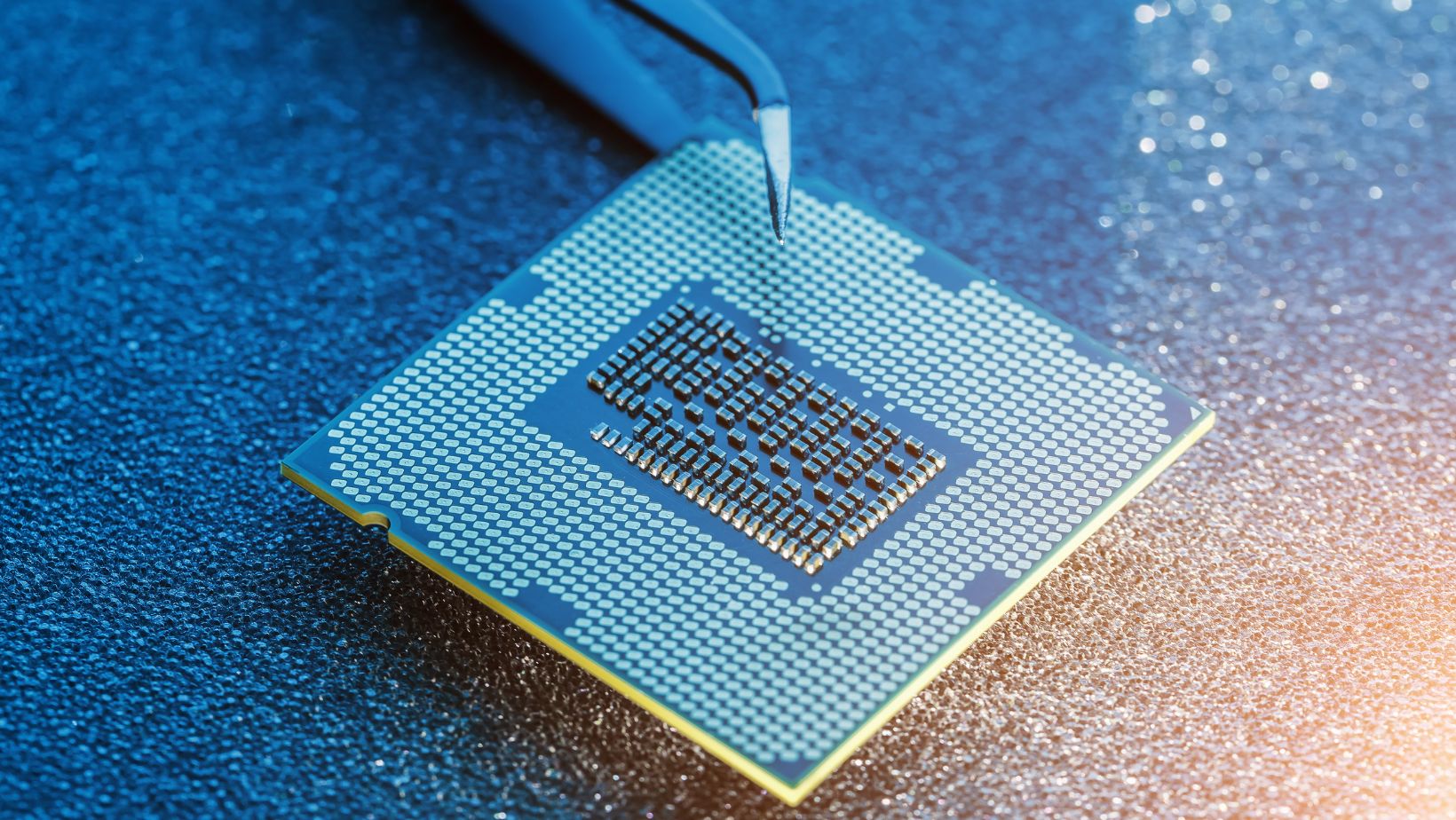A new Intel CPU has been released, but Linux users have noticed that the processor is much more efficient on Windows than it is on Linux. This leads to some confusion about how this new technology should be used for gaming purposes.
Intel Alder Lake CPUs are a lot more efficient on Windows 11 than on Linux. The Intel Core i7-8700K is the best processor for gaming in 2019, and it’s also the most efficient.

Alexandru Poloboc is an author.
Editor of the News
Alex spent the most of his time working as a news reporter, anchor, and on TV and radio, with an overriding drive to always get to the bottom of things and find the truth… Continue reading

According to recent tech performance assessments, Intel’s Alder Lake CPUs outperform Linux-based operating systems while running Windows 11.
This discrepancy stems from problems with Linux’s cluster scheduler, which isn’t designed for Alder Lake’s hybrid architecture.
What this implies is that Alder Lake, the new Best CPU for Gaming, is better suited to Windows 11 than Linux, which is unexpected because Linux normally surpasses all varieties of Windows.
In every circumstance, Windows 11 outperforms Linux.
A Core i9-12900K with Windows 11 Pro, Ubuntu 21.10 + Linux 5.16 git, Ubuntu 21.10, Ubuntu 21.1.0 plus Linux 5.15, Clear Linux 35250, and Fedora Workstation 35 were used in the tests.
The operating systems were also put through their paces using a variety of benchmarks, such as browser benchmarks, video encoding, picture encoding, blender, and more.
To be more exact, Windows 11 Pro outperformed the other six operating systems in 45 percent of the tests, making it the best operating system for Alder Lake systems.
Because of issues with the Linux scheduler and its interaction with Alder Lake CPUs, Microsoft’s newest operating system won.
Just in case you weren’t aware, the Alder Lake chips include two distinct sorts of cores.
The massive, rapid Performance cores (P-cores) are combined with a sprinkling of tiny, strong Efficiency cores (E-cores), which munch through background tasks at breakneck speed.
The Linux scheduler was built to manage many core clusters, but not to distinguish between various kinds of cores, such as Alder Lake’s P-cores and E-cores.
Unfortunately, as with Windows 10, this implies that the scheduler is oblivious of the performance variations across the cores.
As a consequence, workloads that should be routed to the faster P-cores will be delivered to the E-cores, and vice versa.
To get the optimum performance, Linux and Windows 10 will need to provide a way to connect with Intel’s Thread Director, which supplies the operating system with real-time information so it can better schedule threads to the proper sorts of cores.
For Linux, there is currently no fix (other than completely removing the E cores). There’s a chance that Linux 5.16 will provide greater Alder Lake compatibility, but there’s no way of knowing when or if it will happen.
What are your thoughts on the subject? Please let us know what you think in the comments area below.
Was this page of assistance to you?
Thank you very much!
There are insufficient details It’s difficult to comprehend Other Speak with a Professional
Start a discussion.
Watch This Video-
Frequently Asked Questions
Do you need Windows 11 for Alder Lake?
A: Alder lake is not compatible with Windows 11.
Does Alder Lake work with Windows 10?
A: Yes
Related Tags
- intel 12th gen release date
- 11th gen intel cpu

